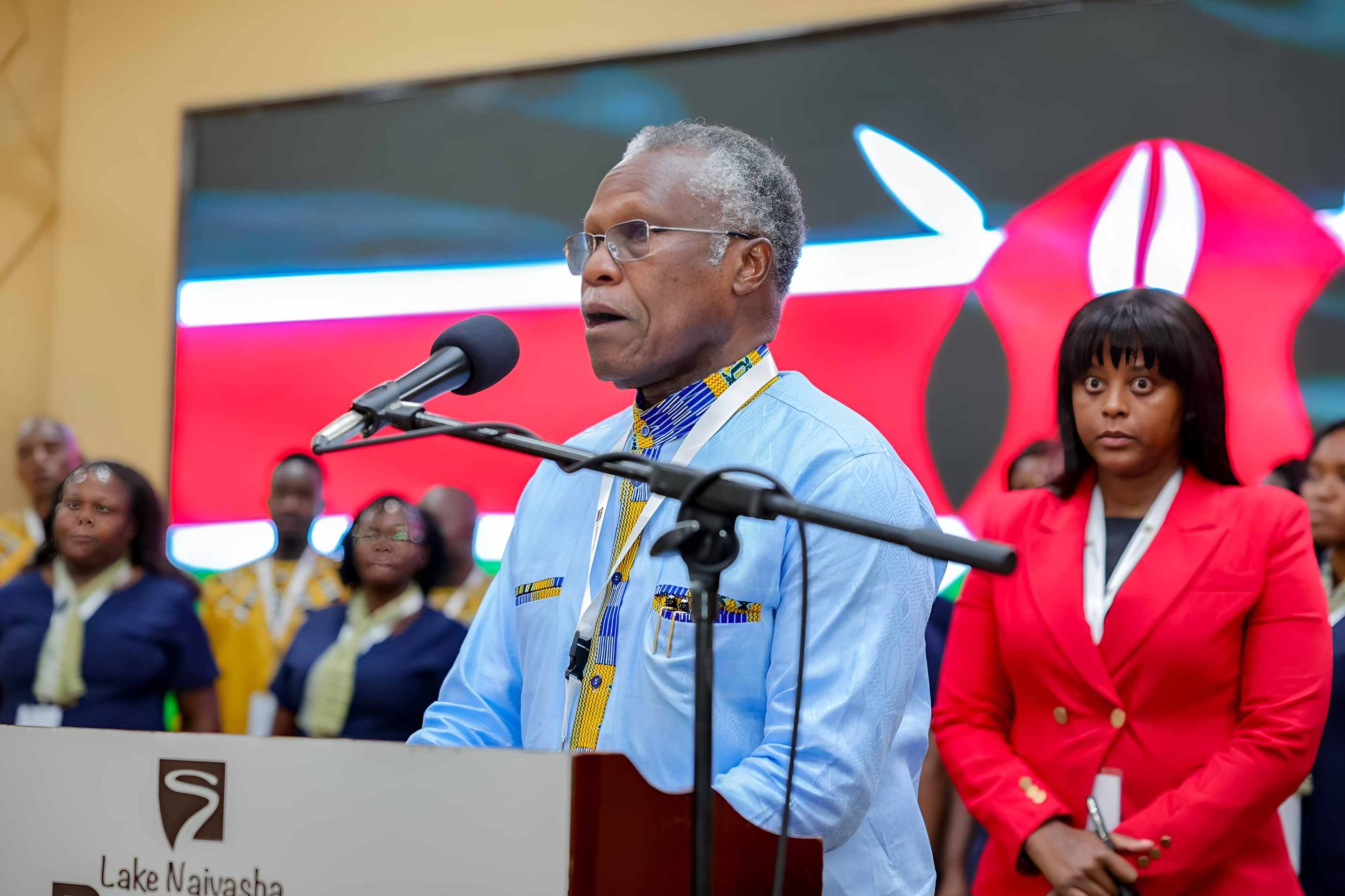EXPLAINER: Understanding NCIC’s mandate, powers, and role in tackling hate speech

Makori stressed that the commission’s actions are not politically motivated.
The National Cohesion and Integration Commission (NCIC) has defended its mandate and powers amid growing public criticism, following its decision to summon former Deputy President Rigathi Gachagua over his recent remarks about the 2027 elections.
Gachagua had warned that if the electoral body mishandled the 2027 polls, the resulting unrest would be worse than the 2007 post-election violence, stating, "2007 would look like a Christmas party."
He made the remarks during a media interview, prompting concern and action from the NCIC.
Commissioner Danvas Makori said the summons is not political harassment but a legal step within the commission’s role of curbing hate speech and protecting national unity.
"Following the former Deputy President’s remarks, we have issued summons. This is not harassment—it is a legal process well within our mandate," he said.
Makori revealed that Gachagua had earlier received a "yellow card" from the commission over previous comments on political shareholding. He said the recent remarks amounted to a second offence.
"He is supposed to appear this week. We give someone a week to respond. If we determine he has a case to answer, we will take further action," Makori said.
"If you are given a yellow card, the second one is a red card. People say we’re taking sides, but in his case, this is the second yellow, which means a red card," he added.
"If I warn you and you don’t listen, I don’t think I should be gentle next time. We have to be firm. He must serve as an example."
Makori stressed that the commission’s actions are not politically motivated.
"If we allow politicians to keep pushing boundaries and getting away with dangerous rhetoric, we won’t have a country," he said. “We want to nip it in the bud, and this includes leaders from both sides of the political divide."
Gachagua’s summoning has renewed interest in the commission’s work and whether it is capable of fulfilling its original mission.
The NCIC was established in 2008 through the National Cohesion and Integration Act after the 2007–08 post-election violence that left more than 1,000 people dead and hundreds of thousands displaced.
Its creation followed the Kenya National Dialogue and Reconciliation process, which aimed to address the root causes of recurring political and ethnic violence, including inequality, discrimination, and historical injustice.
NCIC Powers
The NCIC is mandated to promote national unity, prevent ethnic discrimination, and curb hate speech.
It monitors political statements and media for incitement, recommends prosecutions, and promotes civic education and policy dialogue on national cohesion.
It also advises the government on integration matters and works with the Office of the Director of Public Prosecutions when legal action is needed.
However, the commission itself does not have prosecutorial powers.
Despite this broad mandate, the NCIC has faced increasing criticism.
In February 2025, Kenyans on social media called for the commission to be defunded, accusing it of ignoring hate speech and tribalism by political leaders.
Some labelled the NCIC ineffective and reactive.
Political analyst Joel Onyango was among the critics.
"The creation of the NCIC was the greatest mistake Kenya ever made," he said. "The Commission is a waste of resources if its current performance is anything to go by."
The commission has blamed its limited impact on resource constraints.
Chairperson Samuel Kobia has appealed to Parliament to grant the NCIC prosecutorial powers to strengthen its work.
He dismissed claims that the commission favours political elites.
"We do not discriminate in the execution of our mandate, whether on ethnic or political grounds. For us, the National Cohesion and Integration Act is the guiding principle. Every Kenyan, apart from the president, is within our scope," Kobia said.
